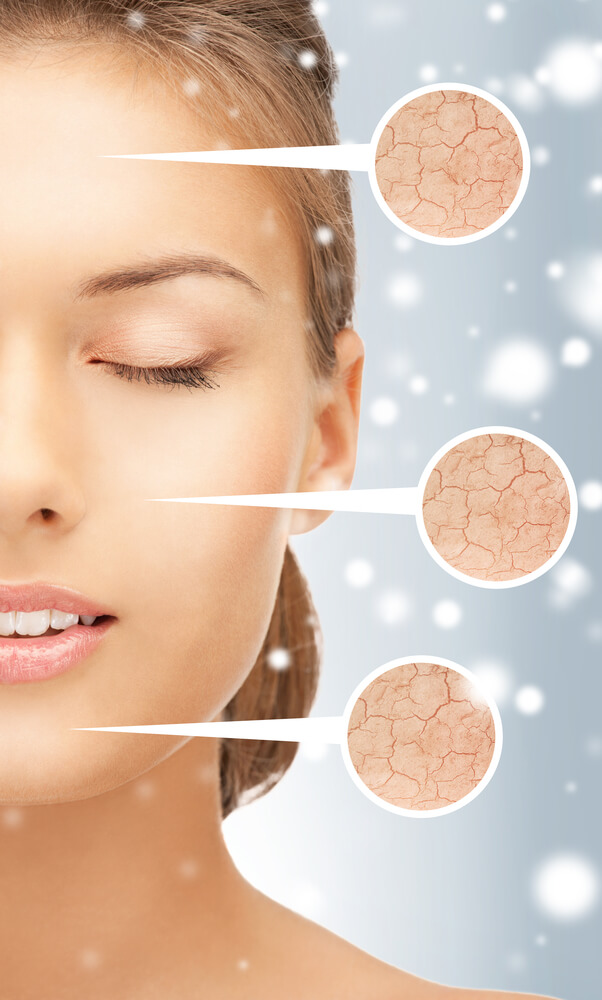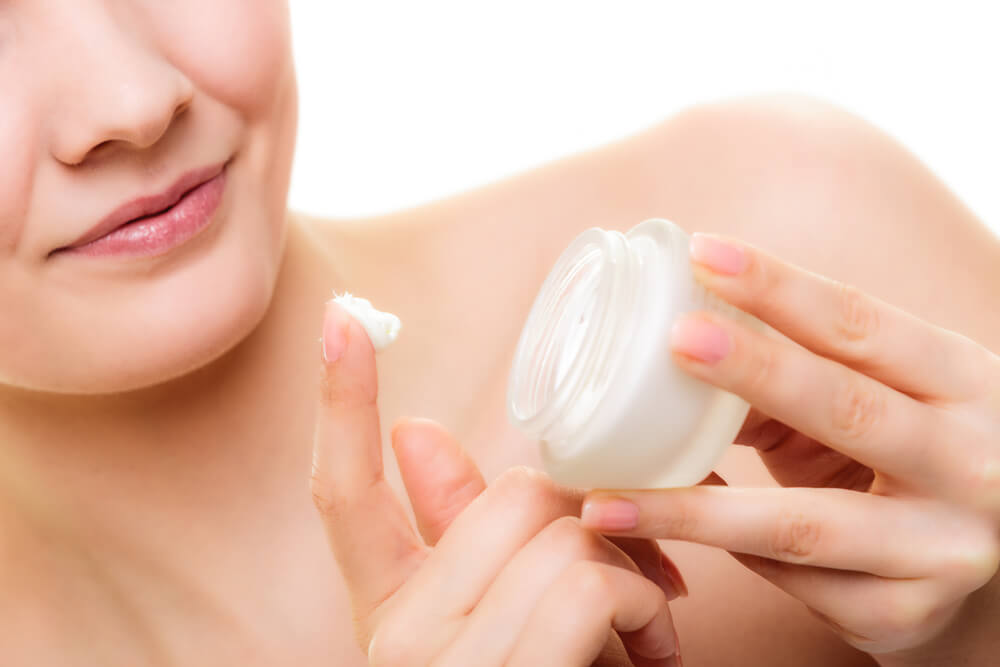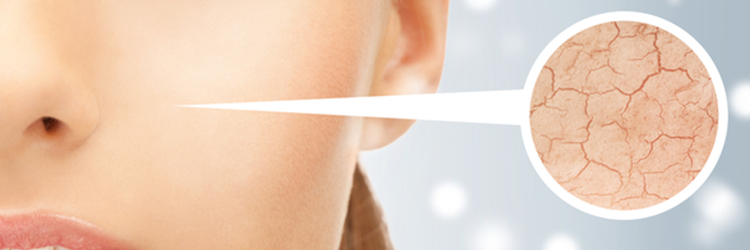 Perhaps the first thing that bothers one at the onset of winter is dry skin. We begin to battle the problem even before our thick woollens are out. But then dry skin, also called xerosis, is not only due to change in weather. The scaling, itching and cracking can be due to various reasons including ageing and hormonal changes. It could also be due to a medical condition. While it is true that you can either have a dry skin or an oily one, the dry skin syndrome can happen to even the most oily skin.
Perhaps the first thing that bothers one at the onset of winter is dry skin. We begin to battle the problem even before our thick woollens are out. But then dry skin, also called xerosis, is not only due to change in weather. The scaling, itching and cracking can be due to various reasons including ageing and hormonal changes. It could also be due to a medical condition. While it is true that you can either have a dry skin or an oily one, the dry skin syndrome can happen to even the most oily skin.Tip No 1: How does one get dry skin?
Says Delhi based Dr V. K. Upadhyay, Dermatologist and Cosmetologist, past president of the Indian Association of Dermatology, Venereology and Leprology, “Causes of dry skin include taking long and hot showers frequently, not drinking enough water, using harsh soaps and not lubricating the skin. Repeated use of harsh soaps accentuates the dry skin problem. It manifests more in the winter months since there is less humidity. One is unlikely to have it in summer unless there is a disease or a genetic disorder.”

Dr R. K. Basumatary, a consultant at the Indian Spinal Injuries Centre, New Delhi says, “The elderly need to take more care since their skin is devoid of natural lubricants due to ageing and anyway, they have a drier skin. He also attributes dry skin to hormonal changes and nutritional deficiency.”
“It could also be hereditary,” he adds.
Tip No 2: Medical reason

The dermatologist is most likely to advise a change in lifestyle in addition to prescribing medicines and antibiotics. But it is up to you to control the vicious cycle of itch and scratch because if you continue to do so, it will lead to an open sore multiplying your problems.
Those who suffer from hypothyroidism, diabetes or malnutrition such as deficiency of Vitamin A are also likely to have dry skin.
In addition, if you are on medication for high blood pressure or on drugs for lowering your cholesterol levels, you are prone to have dry skin.
“Dry skin can also be a result of pollution and stress,” adds Dr Gupta.
Dr Upadhyay has a word of warning for those suffering from psoriasis. “It is very important for them to hydrate themselves to prevent skin rashes. They should also maximize their immune system by consuming a lot of vegetables and fruits,” he says.
Tip No 3: Is it the weather?
Cold weather means low humidity. This coupled with the use of heaters can lead to the skin getting dry. Alternately, during summer, constant exposure to air-conditioners can produce a similar effect.
Tip No 4: How to deal with dry skin?

She recommends the use of a moisturizer twice or thrice in a day during the winter months. She warns against hot baths and frequent washing of hands.
Those who have an extremely dry skin can also use petroleum based lubricants to make their skin soft and supple.
“Dry skin should be taken care of in the initial stages only because the problem can become serious for those prone to eczema and there can also be bacterial infection,” says Dr Gupta.














